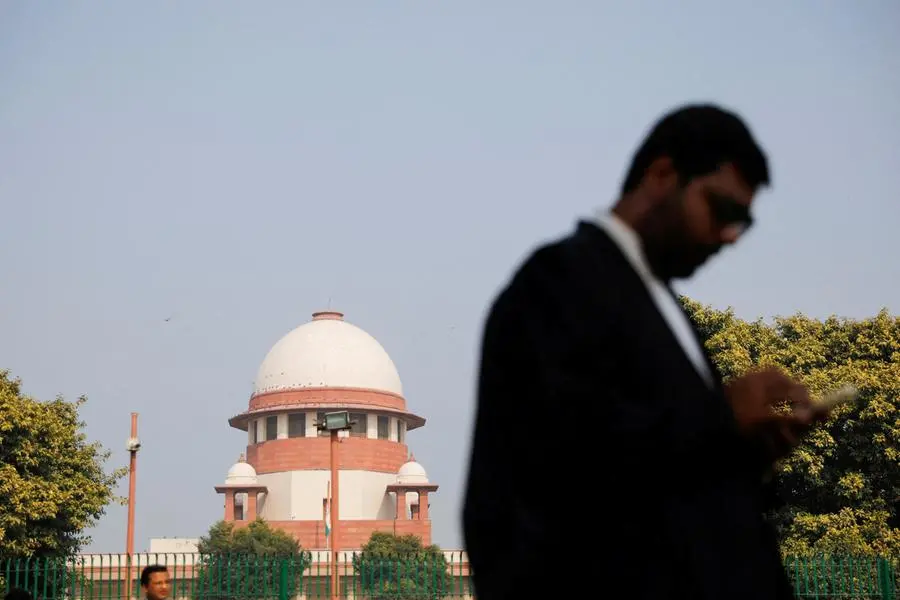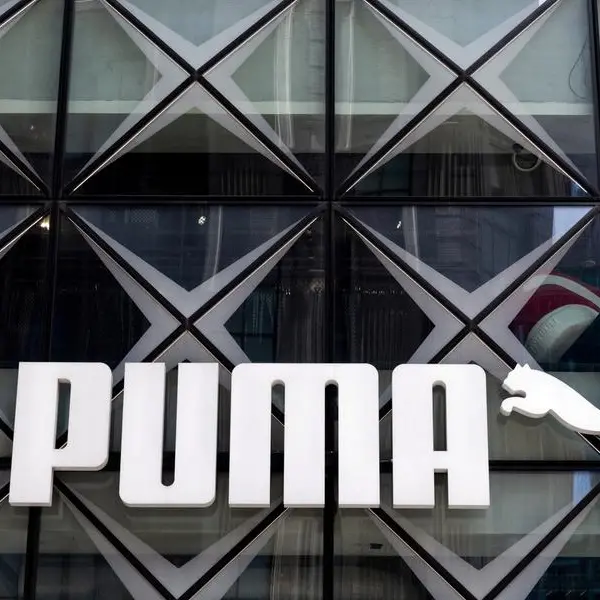PHOTO
India's Supreme Court exposed the legal risks of doing business in the country with a stunning decision to strike down the Rs193.5bn (US$2.3bn) acquisition of Bhushan Power and Steel out of insolvency proceedings by JSW Steel more than four years after the buyout was completed.
Instead, the court on May 2 ordered Bhushan to be liquidated, arguing that JSW Steel's resolution plan was not in compliance with the law.
JSW Steel had pledged to inject Rs85.5bn of equity into the struggling steelmaker, making it the top bidder, but it only contributed Rs1bn in share capital after winning the bid and issued Rs84.5bn of compulsory convertible bonds to the entity that merged with Bhushan Steel to make up the difference, the Supreme Court said.
JSW Steel also missed the deadlines for upfront payments to financial and operational creditors by 540 and 900 days beyond the agreed 30 days, according to the court.
Stressed asset experts said the ruling was a huge setback for dealmaking in India.
"This is a decision of the apex court. Although rendered in the context of an insolvency proceeding, its ramifications extend across the insolvency framework and beyond," said M S Sahoo, former chairman of the Insolvency and Bankruptcy Board of India.
India's bankruptcy courts, long notorious for prolonged delays in resolutions, have come under pressure in recent years to expedite payment deadlines in favour of creditors, but the latest ruling now throws this trend into question.
"The Insolvency and Bankruptcy Code, as originally conceived [in 2016], was meant to resolve distress and preserve value in a time-bound manner, based on commercial wisdom of the Committee of Creditors. Unfortunately, for various reasons, today IBC is losing its value even as a stick," said Bharat Gupta, India strategy and transactions partner at Ernst and Young.
The Supreme Court said it wanted to set an example that payment deadlines should be adhered to. While noting that the IBC is "silent" on the subject, the judges wrote that "neither the tribunal nor the courts should give excessive leeway to the successful resolution applicant to act in flagrant violation of the terms of the resolution plan," which "has frustrated the very object and purpose of the code".
The ruling sets a precedent for all buyers of distressed assets that have been flouting National Company Law Tribunal rules by not making timely payments.
While drastic, the decision was justified, according to some bankruptcy professionals.
"I think there should be some sanctity on the process, which was getting neglected," said a stressed asset expert.
Blow to India risk
More broadly, however, the order raises uncertainty about the legal standing of deals in India.
"It implies that any commercial transaction, even if approved by a competent state authority, could be unravelled years or even decades later if another authority subsequently detects an irregularity in the transaction process or its approval," said Sahoo, the former IBBI chairman. "This introduces a deep sense of uncertainty, unsettling both business operations and economic stability."
"This is a big blow on India risk and definitely puts the country on the back foot in respect to future bankruptcy cases, " the stressed asset expert concurred.
Deals will need even more due diligence and expert opinions in order to mitigate legal risks, said a director at a foreign financial services firm.
On the other hand, the legal uncertainty could benefit private capital funds, which target the sweet spot before assets get assigned to the NCLT. "Interestingly, it is the fear of NCLT precisely that has served as a deterrent and led to the sophistication of the private credit market with bespoke, out-of-court solutions moving at deal speed," the same director said.
JSW Steel said in a statement that it was yet to receive a formal copy of the order to understand its implications. "Once we receive the order and are able to review the same along with our legal advisors, we will decide on our further course of action," the company said.
The government is finalising its response to the Supreme Court's order, Reuters reported on May 5, citing government officials.
Painful process
If the liquidation order stands, it will be a painful process, analysts said.
"The court has ordered the liquidation of Bhushan as it stands today, not the entity that originally entered insolvency proceedings, nor the one acquired under an approved resolution plan," said Sahoo. "The company has since changed ownership, attracted new stakeholders, and ramped up operations to twice its original capacity. Reversing this transformation is neither feasible nor painless."
JSW Steel paid Rs50.9bn in cash and the balance from a mix of equity and fresh debt to acquire 83% of Bhushan, according to a Citigroup research note on May 5. Moreover, JSW Steel has also funded capex at Bhushan.
In March 2021, JSW Group through West Waves Maritime & Allied Services raised Rs25bn from three-year bonds paying 9%. The proceeds were used to give a loan to Piombino Steel, a holding company set up to acquire Bhushan.
Analysts said that there is a high likelihood that JSW Steel and the CoC may contest the order through a review petition, or the creditors may try to find a new buyer for Bhushan, using the route of "sale as a going concern," where the business is sold as whole in the current operational format.
Bhushan contributed close to 10% to JSW Steel's consolidated Ebitda of Rs226bn in the year ended in March. Since the acquisition, Bhushan's capacity has been increased to 4.5 million tonnes per annum from 2.75 mtpa in March 2022, according to a PL Capital note.
Some experts have called for amendments to the IBC once an approval is granted by the top authority for acquiring an asset, for it to attain finality. "Any subsequent discovery of irregularity or illegality should be addressed swiftly and decisively, with exemplary penalties imposed on the wrongdoers, without disturbing the sanctity of the resolved transaction," Sahoo said.
Source: IFR





















